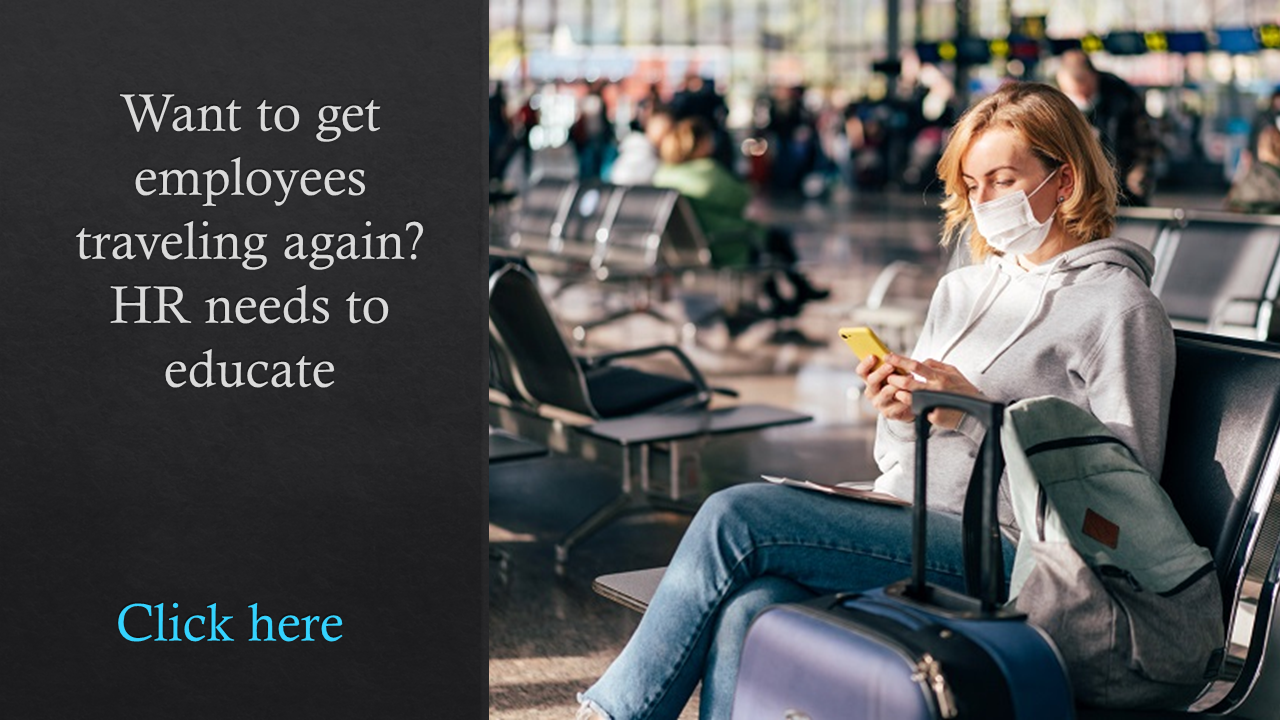The majority of employers will not require vaccination against COVID-19 as a condition to returning to the workplace–although consideration for requiring inoculation seems to be growing slightly.
That’s according to a new survey of 660 employers from Willis Towers Watson released Tuesday. The consulting firm finds that 72% of employers will not require, or do not plan to require, employees to get vaccinated before entering the workplace. Nine percent currently require vaccination, but more are considering doing so: 6% are planning to require vaccination and 13% are considering requiring inoculation.
Among employers requiring or considering requiring vaccination, more than half (56%) will require documented proof of vaccination. Nearly one in five (19%) will require or consider requiring vaccinations for certain workplace privileges such as indoor gyms and cafeterias.
See also: Still weighing vaccine incentives? Here’s what 12 employers have done
The number of employers considering requiring vaccination is higher than in past data–previous surveys revealed about 10% or less would require vaccination–but the figure isn’t as high as some insiders had predicted.
Last month, Justin Holland, CEO and founder of HealthJoy, a benefits company that works with some 700 employers, told HRE that he expects widespread vaccination requirements, saying that most of the CEOs and company leaders he’s spoken to will have a mandatory vaccination policy for those who want to be in the office. “It’s pretty clear that there is no scenario for most companies where employees are returning unvaccinated to the office in 2021,” he said. “This is a conversation that HR leaders need to be having with their people now.”
 Several universities are among the employers across the nation that have announced they are requiring their employees to get vaccinated against COVID-19.
Several universities are among the employers across the nation that have announced they are requiring their employees to get vaccinated against COVID-19.
Related: Employers can legally require COVID vaccines–but will they?
Although Willis Towers Watson’s research finds that the majority are not planning to require vaccination–at least not yet–encouragement for vaccination is still a common strategy. More than eight in 10 respondents (86%) are offering scheduling flexibility, and 82% are communicating to employees about the value of a vaccination.
Six in 10 employers (62%) are providing or considering providing pay for time spent getting vaccinated (like extra leave or vacation time); 59% are performing or considering on-site or near-site vaccine administration for employees; 58% are offering or considering offering additional leave for any employee who has negative reactions from the vaccine.
Related: Want to get workers vaccinated? Try these 6 strategies
Also, 40% of employers have implemented programs to boost vaccination among populations less likely to get vaccinated, and another 21% are considering doing so.

“By encouraging vaccinations, employers are demonstrating their commitment to employee safety and wellbeing,” says Dr. Jeff Levin-Scherz, a physician and population health leader of Willis Towers Watson. “Taking various approaches and using clear, targeted communications about the importance of vaccination will enable employers to protect employees, their families and the community. It will also help speed the transition to a post-pandemic future.”
Related: Register here for the HR Tech Conference this fall to learn how employers are leveraging tech for workplace safety.

